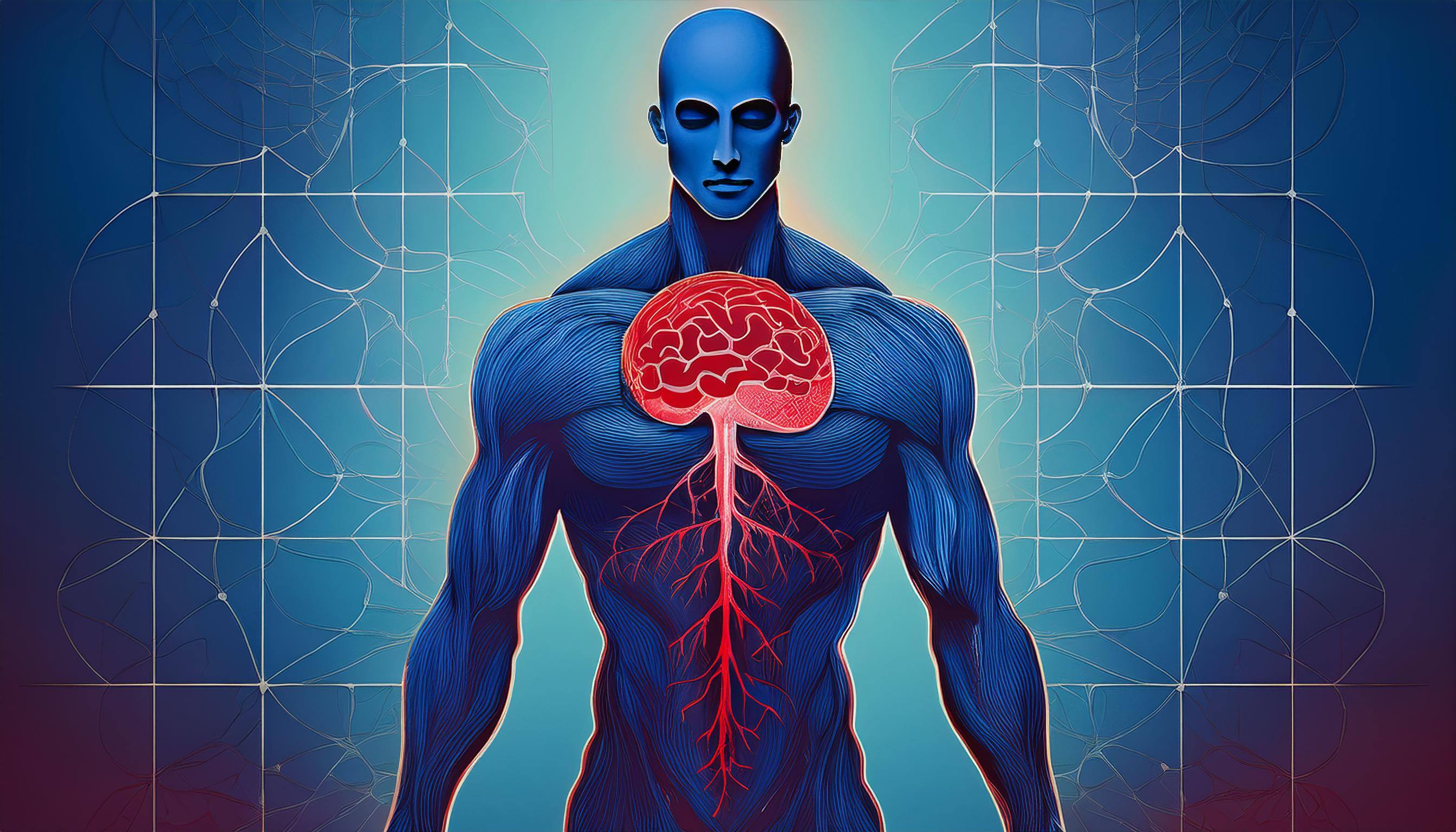
What is anxiety
Anxiety is a natural response of the human body to stress. It's a feeling of fear or apprehension about what's to come.
Whether it's the first day at a new job, speaking in front of a large audience, or navigating through uncertain times, anxiety touches us all at various points in our lives. However, for some individuals, anxiety becomes more than just temporary worry or fear.
It can evolve into an anxiety disorder when these feelings are intense, excessive, and persistent, affecting everyday activities. Understanding anxiety involves recognizing its symptoms which can range from feelings of impending doom to an inability to focus on anything other than the source of one's worry.
Our journey through defining anxiety aims to shed light on its complexities, debunk common myths, and offer a beacon of hope for those seeking to manage its impact on their lives.
How it affects our bodies
Anxiety triggers a "fight or flight" response, releasing hormones like adrenaline and cortisol. These hormones accelerate heart rate, breathing, and blood pressure, preparing the body for action. However, chronic anxiety can lead to physical symptoms including rapid heartbeat, sweating, digestive issues, muscle tension, and sleep disturbances.
Long-term effects can include weakened immunity, heart problems, and digestive disorders. If anxiety significantly impacts daily life, seeking professional help is crucial. Understanding the body's response to anxiety is the first step towards managing its impact and improving overall well-being.


What types of things can it assist with?
- Exams
- Driving and driving test
- Public speaking
- Work
- Financial worries
- Big life events
So how can hypnotherpay help?
Hypnotherapy offers a unique approach to managing anxiety. By inducing a state of deep relaxation, it counteracts the physical tension often associated with anxiety disorders.
This relaxed state allows individuals to explore the connection between their thoughts, emotions, and physical sensations, leading to a deeper understanding of anxiety's impact. Hypnotherapy can also be instrumental in uncovering underlying causes or triggers, enabling individuals to develop coping strategies.
Moreover, it facilitates positive reframing, replacing negative thought patterns with more constructive ones. Building self-confidence and resilience are additional benefits often associated with hypnotherapy. While not a standalone treatment, it can be a valuable complement to traditional therapies, offering a holistic approach to anxiety management.
